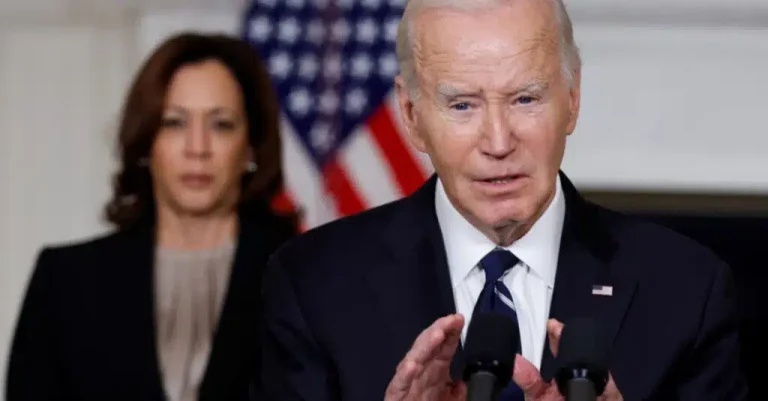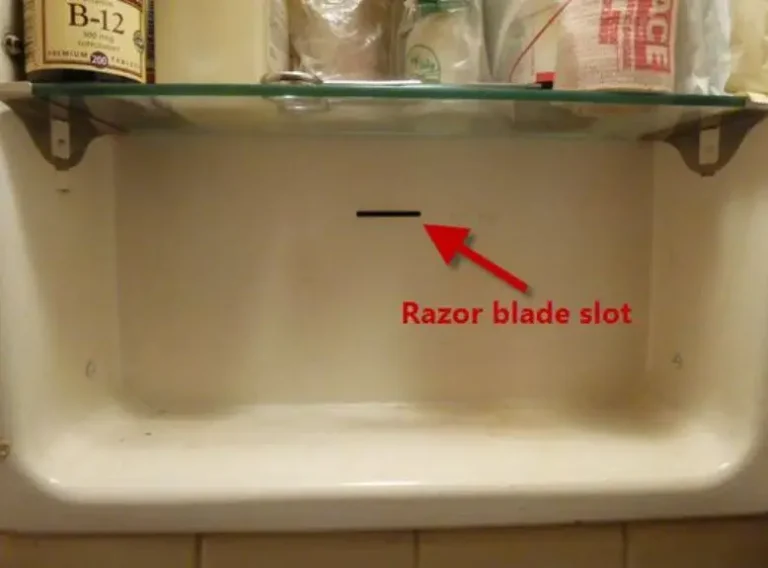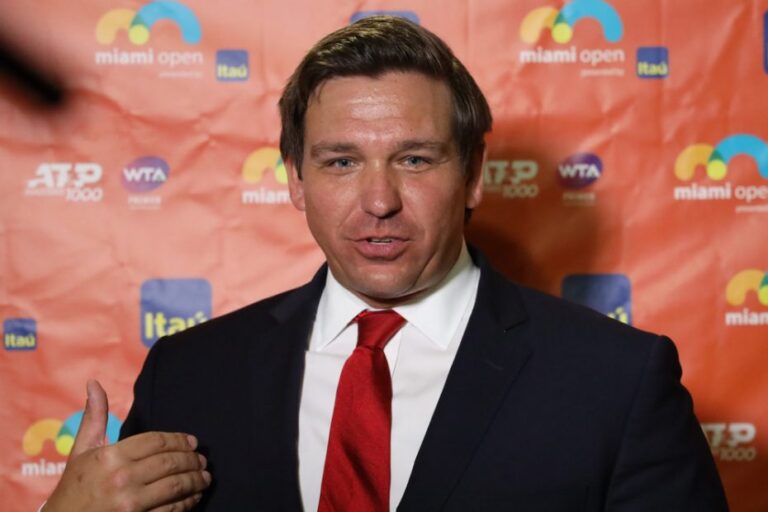Jack Smith Met With Skepticism From U.S. Supreme Court On J6 Obstruction Charges
Recently, the United States Supreme Court voiced skepticism toward Special Counsel Jack Smith’s use of a constitutional clause in his obstruction charges against former President Donald Trump and hundreds of other protestors who were at the January 6 Capitol protests in 2021.
Notably, both liberal and conservative justices questioned Smith’s interpretations of USC 1512, which addresses tampering with witnesses and evidence. However, after hours of deliberation, it wasn’t clear if there was a majority opinion from the court.
For example, conservative Justice Neil Gorsuch weighed in on the situation, seemingly addressing the controversial incident in which Rep. Jamaal Bowen (D-NY) pulled a fire alarm, interrupting a congressional vote. “Would a heckler in today’s audience qualify, or at the State of the Union address? Would pulling a fire alarm before a vote qualify, and for 20 years in prison?” Gorsuch said.
Conservative-leaning Justice Clarence Thomas opined on the January 2021 protests, where he labeled the event as a “violent protest.” However, Thomas explained that there have been many similar disruptions that “interfered with proceedings.” He inquired whether the Department of Justice had explored charges in these instances.
Furthermore, Justice Samuel Alito commented, “Let’s say that today five people get up one after the other and shout either, ‘Keep the January 6 insurrectionists in jail!’ or ‘Free the January 6 patriots!’ And as a result of this, our police officers have to remove them forcibly from the courtroom. And let’s say we have to delay the proceeding for five minutes.”
The prosecution against former President Donald Trump and the J6 protestors claims that the Capitol protests are an event that lacks proper historical precedent. Liberal Justice Sonia Sotomayor appeared to agree with this sentiment, stating, “We’ve never had a situation before where there’s been a situation like this with people attempting to stop a proceeding violently. So, I’m not sure what the lack of history proves.”
However, attorney Jeffrey Green, who represents J6 defendant Joseph Fischer, disagreed with the assertion from Sotomayor, citing violent protests in Portland, Oregon during the summer of 2020 where protestors at a Black Lives Matter riot assumed control of a courthouse, preventing police access for weeks.
The lawyer further argued that the J6 prosecution could disincentivize constitutionally protected activities. “It’s going to chill protected activities. People are going to worry about the kinds of protests they engage in, even if they’re peaceful, because the government has this weapon,” Green said.
The obstruction law employed by the prosecution against the J6 defendants, 18 U.S. Code Section 1512(c), was passed after the 2001 Enron scandal, which sought to mitigate a loophole in obstruction laws. However, some have claimed the wording focuses on ensuring proper documentation is available for official proceedings and is not intended to be an all-encompassing law for obstructive activities.
According to Section 1512: “Whoever corruptly (1) alters, destroys, mutilates, or conceals a record, document, or other object, or attempts to do so, with the intent to impair the object’s integrity or availability for use in an official proceeding; or (2) otherwise obstructs, influences, or impedes any official proceeding or attempts to do so, shall be fined under this title or imprisoned not more than 20 years, or both.”





